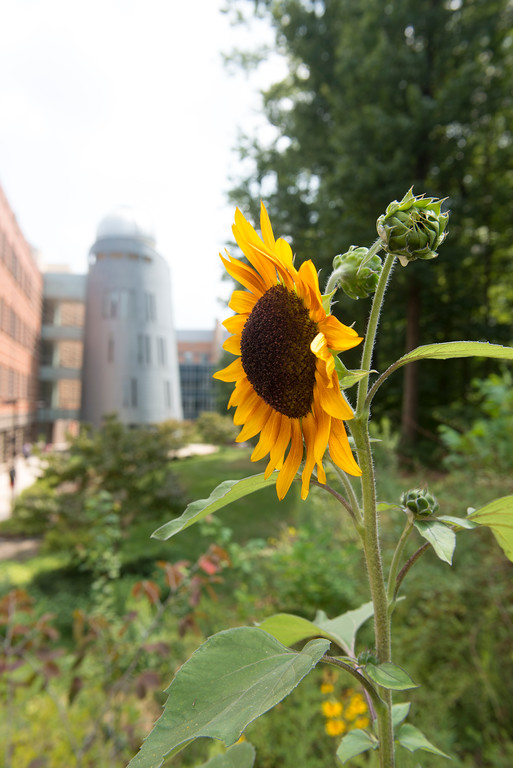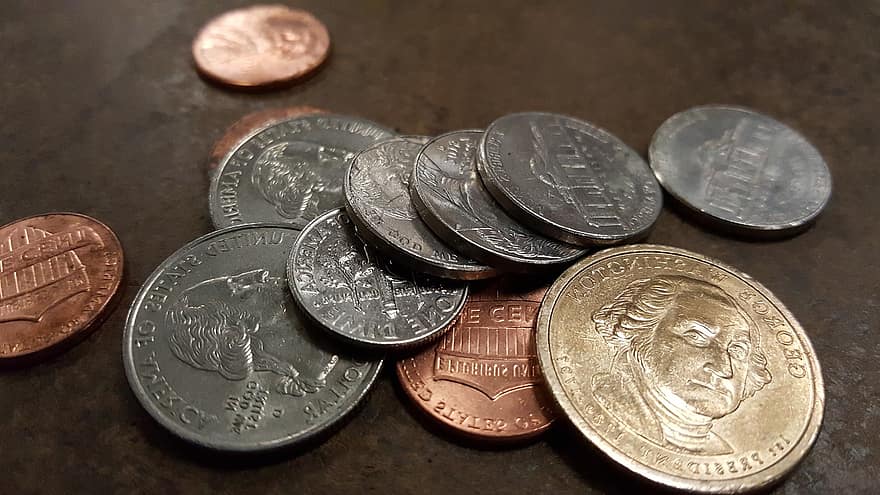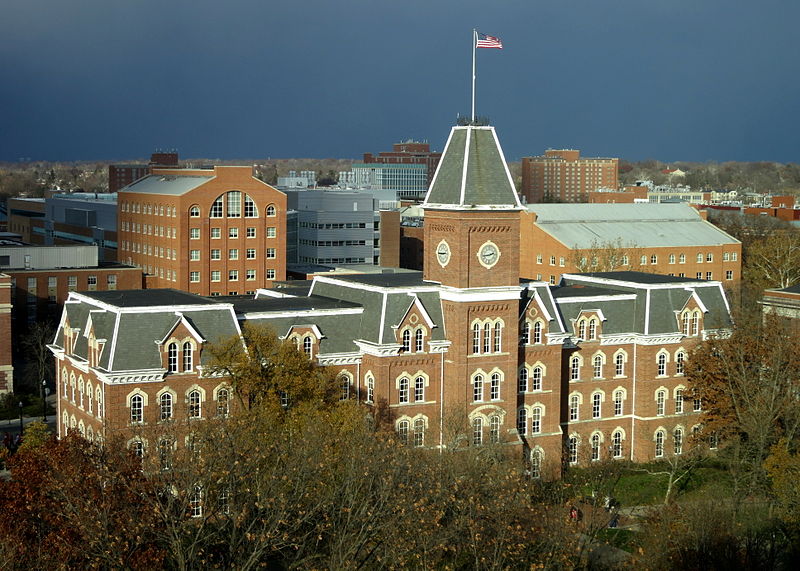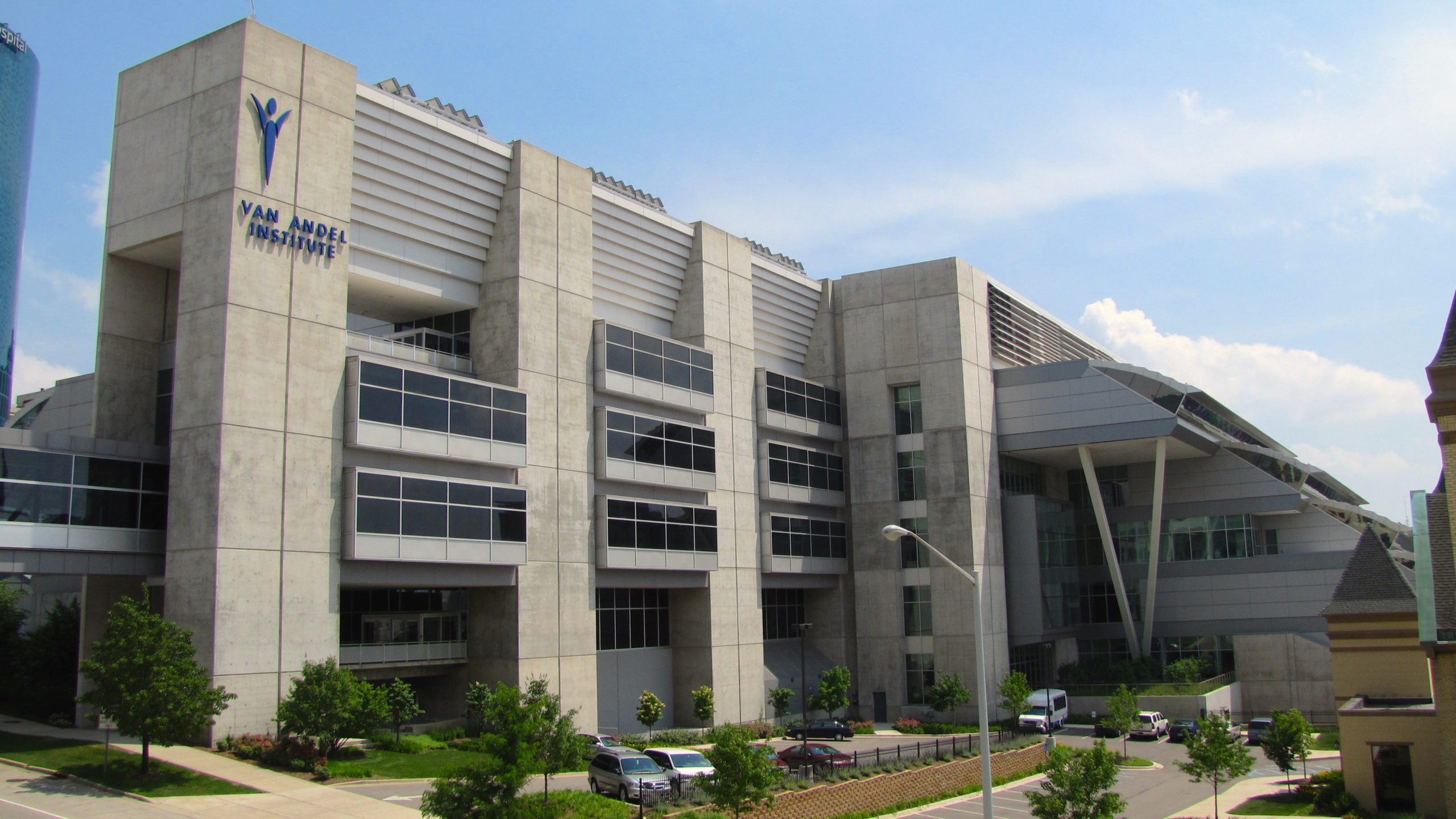**REPOSTED FROM NBC NEWS**
Dan De Luce
December 10, 2021
https://www.nbcnews.com/politics/national-security/us-universities-retain-ties-chinese-schools-support-chinas-military-bu-rcna8249
The relationships are entirely legal and American universities often tout their ties to “sister” Chinese universities as an academic strength.
Dozens of U.S. universities maintain ties to Chinese universities that conduct defense research in support of Beijing’s military buildup, including work related to the country’s nuclear weapons program, according to a new report released Thursday.
The partnerships are part of a broader effort by China to leverage its access to U.S. research institutions to acquire technology and knowledge that could benefit its expanding military, according to the report by the Foundation for Defense of Democracies think tank.
But the relationships are entirely legal and American universities often tout their ties to “sister” Chinese universities as an academic strength, providing students and scholars with an educational opportunity to collaborate and learn about Chinese language and culture.
The think tank report does not provide new evidence that U.S. universities have failed to safeguard sensitive, national security-related research, but it argues that policy makers and university administrators need to take a closer look at relationships with Chinese universities linked to Beijing’s military-industrial complex.
The U.S. government should establish “legal and regulatory guardrails to neutralize China’s ability either to acquire foundational knowledge or to access more sensitive research being conducted on U.S. college campuses,” the report said.
China was focused not only on classified or sensitive material but all relevant information that could bolster its military and technological might, said Craig Singleton, the report’s author.
“While the U.S. government often twists itself into knots determining what is classified or unclassified, the Chinese government often sees little-to-no distinction. Instead, Beijing is focused on collecting and harnessing any and all useful information to power its defense modernization,” Singleton said. “This includes everything from foundational knowledge taught on U.S. college campuses to cutting edge research, much of which is not technically classified but still has potential military applications.”
China’s embassy in the U.S. rejected the accusation that Beijing was trying to exploit academic cooperation between U.S. and Chinese universities.
Education exchanges and cooperation have helped enhance “mutual understanding” and have been “mutually beneficial, above-board and beyond reproach,” Chinese embassy spokesperson Liu Pengyu told NBC News in an email. “We urge relevant people in the U.S. to respect basic facts and stop making irresponsible remarks.”
The report said that not all collaboration between U.S. and Chinese universities poses a risk, and that the main problem was linked to a relatively small number of Chinese institutions that are conducting defense research. Of China’s more than 3,000 universities, roughly 90, or less than three percent, have direct ties to the country’s military and security establishment, according to the report.
The report, citing public documents, said three universities, Arizona State University, the University of Utah and Pacific Lutheran University in Washington state, have partnerships with Sichuan University, which appears on a U.S. government blacklist for allegedly supporting China’s nuclear weapons program.
The Commerce Department’s entity list identifies Sichuan as an “alias” for a Chinese center overseeing nuclear weapons research, the China Academy of Engineering Physics (CAEP).
Sichuan hosts at least three defense labs that focus on nuclear science and technology, physics and material sciences, according to the report, which cited public documents from China.
The University of Utah plans to “sunset” its Confucius Institute with Sichuan in June 2023, when the current contract expires, said university spokesperson Chris Nelson.
But the university has not had any concerns about the institute “being a hub for espionage or propaganda,” Nelson said. The institute was initiated by former Utah governor Jon Huntsman after he finished his tenure as ambassador to China, Nelson added.
Other universities maintain ties to Chinese institutions linked to nuclear weapons research, according to the report.
Since 2014, the University of California at Santa Barbara has had a partnership with Shandong University, which works on China’s nuclear weapons program, according to the report.
A spokesperson for UC Santa Barbara said the school closed its Confucius Institute in June and “has no current or planned collaborations, partnerships or affiliations with Shandong University.”
Pacific Lutheran and Arizona State universities did not respond to requests for comment.
Stanford University has an agreement with Peking University, which has close links to the China Academy of Engineering Physics, a center for nuclear weapons research. Peking established a center with CAEP in 2017 on applied physics, and has acknowledged the center serves China’s defense goals, the report said.
A Chinese defense industrial agency has recognized Peking University’s work in nuclear physics, nuclear technology and nuclear chemical engineering as supporting China’s defense industry, according to the report. Peking University signed a strategic cooperation agreement with the Chinese navy in 2013.
Stanford University defended its partnership with Peking University, which includes a campus in China.
“We are vigilant to concerns about U.S. national security and our international engagement is guided by university policies and in compliance with federal regulations,” said Dee Mostofi, spokesperson for Stanford.
The Confucius Institute at Stanford, part of its partnership with Peking University, focuses on Chinese art, literature, history and culture, according to Mostofi. The institute operates without restrictions or influence by the Chinese government over personnel or the content of instruction, the spokesperson said.
The institute was set up with a one-time irrevocable gift from the Office of Chinese Language Council International and the university does not rely on any annual contributions from China, Mostofi said. “Because their contribution is an irrevocable gift, they have no leverage to infringe on academic freedom at Stanford, nor have they tried,” Mostofi said.
“Stanford continues to support the conditions that foster the discovery and dissemination of new knowledge, including the exchange of people and ideas with domestic and international collaborators,” she added.
China has funded the establishment of Confucius Institutes at college campuses across the U.S. and around the world, portraying them as a way to promote instruction in Chinese language and culture. But the U.S. government and lawmakers have labeled the institutes as vehicles for propaganda, and accused China of using the centers to restrict dissent among Chinese students abroad.
Congress has restricted Defense Department research funding for universities that host Confucius Institutes. The legislation and more scrutiny from politicians prompted the closure of dozens of institutes, with the number dropping from 113 to 34 since 2018, according to the report.
But among 78 universities that announced they were shutting their Confucius Institutes, 28 have maintained or expanded their relationships with Chinese sister universities, including many that have links to China’s defense industry, the report said.
Purdue University shut its Confucius Institute in 2019 but has kept its academic partnership with Shanghai Jiao Tong University (SJTU). The Chinese university hosts three defense laboratories, has an agreement with the Chinese military’s academy of military science for joint military research, and the dean and chief professor of its school of information security previously worked for the Chinese military, according to the report.
After receiving a briefing recently on the FDD report’s findings, Purdue reviewed its arrangements and canceled some of its programs with SJTU, including a doctorate-level program, according to the report.
“Several of the identified partnerships were either dormant or had not yet yielded any activity, and after extensive risk-based reviews, we formally terminated two agreements and shuttered a dual-degree program that had not yet begun accepting students,” Purdue University spokesperson Tim Doty told NBC News.
“Protection of national security is Purdue’s primary interest, and the university is a nationally recognized leader for its efforts in research security,” Doty said.
The university’s engagements were developed in accordance with U.S. government policies and regulations, and Purdue values its diverse international population of faculty, students and other scholars, he said.
He added, “We do not and will not hesitate to take action and exit any agreement which threatens national security.”
Texas A&M closed its Confucius Institute but has preserved its partnership with China’s Ocean University. The Chinese university has a secret-level Chinese security clearance, allowing it to conduct classified defense research. Ocean University has cooperative agreements with the Chinese navy and has collaborated with the navy’s submarine academy, according to the report.
A university spokesperson said programs that were not part of the Confucius Institute have continued to operate.
“Notably, they involved non-sensitive information such as climate simulation. This relationship is part of a much larger international program focused on gathering non-sensitive data for fundamental climate science,” the spokesperson said in an email.
“Texas A&M is committed to the highest level of research integrity and engagement of global partners. We embrace a culture that values diversity in thought and an environment that promotes innovation and creativity in research,” the spokesperson added.






